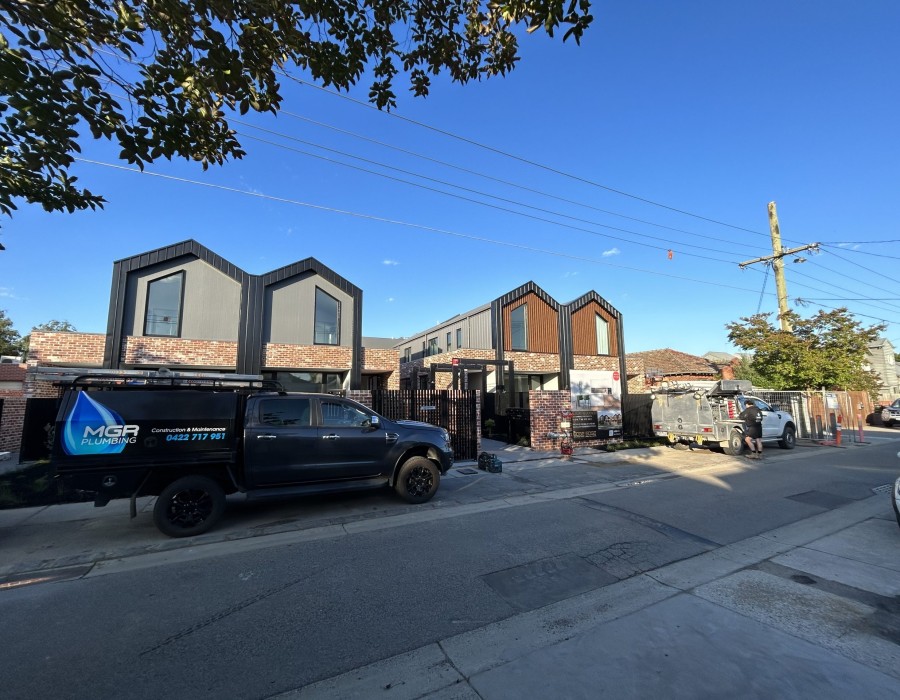Blocked drains are more than an irritation. When rain hits hard or a small clog goes unnoticed, problems can quickly escalate into property damage and costly repairs. If you suspect a problem with your outdoor drainage, start by checking common warning signs and simple fixes you can do yourself. For issues beyond DIY, professional help is often the safest route. For immediate clarity on issues around outdoor drainage consider reading more about blocked stormwater drains.
Tell tale signs that your drains need attention
Knowing the early signs helps you act before water causes harm. Keep an eye out for water pooling near foundations or across paved areas after light rain. Slow drainage in gutters, unpleasant odours near inspection points and vegetation growth in drain pits are classic red flags. You may also notice small sinkholes or subsidence in your garden where soil is becoming waterlogged. These signs mean water is not flowing away as it should and a blockage could be developing.
What a sudden problem looks like
If flooding occurs after a storm when it did not before, or if kitchen and bathroom outlets begin to gurgle when it rains, this is a strong indication that outdoor drainage is compromised. These symptoms point to restricted flow in your stormwater system, which often needs a camera inspection or high pressure water jetting to correct.
Common causes of blocked drains in Melbourne
Blocked drains in urban areas usually result from a mix of natural debris and human activity. Leaves, soil, lawn clippings and roots make their way into sumps and pits. Builders rubble or sediment washed from nearby work sites can cause gradual silting. Fat, oils and hair from household outlets can combine with detritus to create stubborn blockages in older pipes. Understanding the cause helps you choose the right remediation method and prevention plan. If you are dealing with a serious clog and want local expertise consider contacting specialists who handle blocked drains melbourne.
Simple maintenance every homeowner can do
Regular, low effort maintenance can keep your drainage working well. Clear gutters and grates after heavy leaf fall and check downpipes for signs of blockages. Use a hose to flush accessible pits and inspection openings to move sediment along. Avoid pouring cooking oils or grease into external drains and ensure builders dispose of spoil away from stormwater entries. If your property has trees close to drain lines consider a root barrier or professional root pruning by a licensed service.
Seasonal checklist
Spring and autumn are prime times for maintenance. After autumn leaf fall clean gutters and pits. Before winter, make sure downpipes and stormwater outlets are free of obstructions so heavy rain will not overwhelm the system.
When you need a licensed plumber or drain specialist
DIY helps with minor maintenance but some situations require professional tools and experience. If water is backing up into internal fixtures when it rains, if there is persistent odour, or if you suspect structural damage to a pipe, call a professional. Trained technicians use CCTV pipe cameras to locate the exact position and nature of a blockage. They also have high pressure water jetters that remove root intrusion and compacted sediment without digging up your yard.
For hot water system related plumbing issues you should always seek a qualified service to ensure safety and compliance. For service providers consider searching for a reputable hot water plumber melbourne who can advise on whether a blockage is linked to a system that requires coordinated work.
Cost considerations and risk assessment
Emergency call outs and major excavations can be costly. Small preventative actions cost little and often avoid the bigger repairs. If the blockage is in a council controlled connection or involves public infrastructure, you will need to contact your local council. For private property issues the cost will depend on access, pipe condition and whether pipe replacement is required. A licensed plumber will provide a clear quote and advise on the most cost effective approach that complies with local regulations.
Choosing the right service in Melbourne
Select a firm with good local reviews and clear licensing details. Ask for evidence of insurance and confirm that the technicians use modern equipment such as CCTV survey and hydro jetting. A responsible plumber will explain why a particular method is recommended and present alternatives where appropriate. If you value quick diagnosis and minimal disruption look for companies that advertise non destructive inspection techniques.
Final tips and how to get help fast
Do not ignore the small signs. Regular checks during the change of seasons and after heavy storms will save time and money. Avoid flushing fats and large debris into external drains and make sure contractors working on your property protect existing stormwater pits. When you do need a trustworthy local service, find one with strong local presence and clear contact details. For local assistance and directions you can contact MGR Plumbing via their business listing linked here: MGR Plumbing.
If you follow these steps you will greatly reduce the risk of severe blockages and keep your property safe from avoidable water damage.





Comments